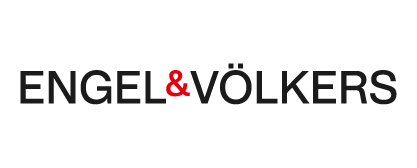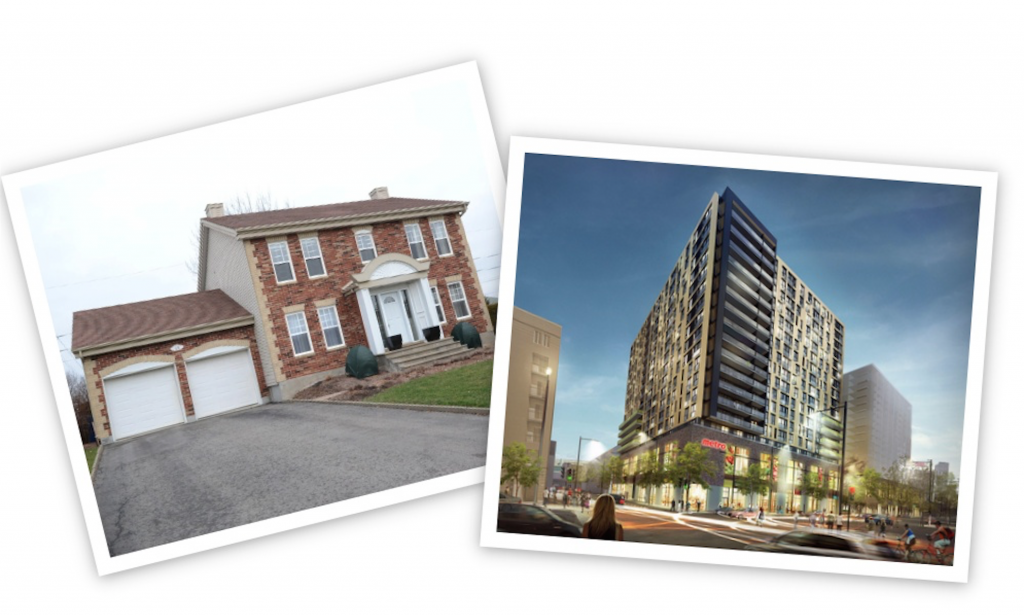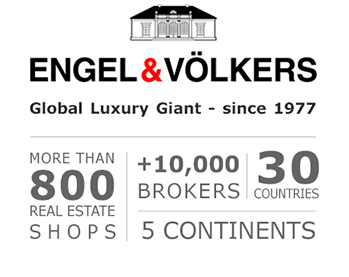House or a Condo? Which is a better buy?
The decision to buy a condo or a house depends on a number of factors, like the type of lifestyle you live, where you’re looking to buy and how you look at your future property.
A condo or a house: it’s nearly an age-old question today. But the truth is, everyone’s unique case is different. Here we try to provide a great tool when trying to decide between a luxurious condo and a beautiful house.
B.C. Mortgage Broker Dara Fahy told Yahoo! Finance that condos can be the ideal choice for a young, urban professional on a budget. ”In Vancouver you can get a condo for so much less than a house, so it’s easier to get into the housing market,” he told the website, “and you’re buying prime real estate in the heart of the city.”
Moreover, A condo is a great solution for a buyer who is after a “turnkey” lifestyle, according to Brian Elder, a Toronto-based real estate agent. He told HomeOwnership that “If buyers have a really busy life or maybe they’re not handy and the thought of doing anything in terms of upgrades makes them uncomfortable, then owning a condo is easier.”
Owning a house – and all that comes with it
If you’re looking for a good long-term investment, it’s hard to ignore the value of a detached house, argues RateSupermarket’s MoneyWise blog. Detached houses remain in high demand in red hot real estate markets like Toronto and Vancouver.
Unlike condos, where there’s not much room to make huge changes, the dream of flipping a house can be a profitable enterprise. Since detached houses are in short supply in major markets, they typically see the highest price appreciation long-term.
But the costs to owning a home can be large. Homes in major markets, like Toronto, can be astronomically more expensive than a condo that sits right next-door.
As Yahoo! Finance pointed out, a small two-storey, three-bedroom house in midtown Toronto cost just under $1 million a few years ago, while a 2-bedroom condo at the same time cost just $369,000.
On top of monthly mortgage and maintenance fees, there are a number of additional costs that come along with home ownership—such as land transfer tax, home insurance, property taxes, and mortgage insurance.
“Typically, your monthly condo maintenance fees include insurance for things like fires and flooding, whereas insuring a house for these kinds of things can be expensive on your own,” said Fahy.
A myriad of other possible costs exist for house owners too, like a sewage backup or other weather-related issues.
Basic repairs are often needed for houses, depending on how old the structure is. Those can come with a hefty price tag.
“Five grand, when spent on a house, will disappear really fast on any major repair or upgrade,” Toronto-based realtor Andrew LaFleur told Yahoo! Finance.
Owning a condo – easier alternative
While condos may not see the same appreciation value over ten years as a house, there are some big advantages to owning one.
For starters, owners can get prime real estate in the best areas of a city for great prices.
Budgeting is a lot easier too, argued RateSuperMarket – typically, all you’ll need to worry about are your condo fees. Condo fees remain the same month to month, while owners usually receive an increase notice once a year.
While home insurance is a must regardless of whether you buy a house or condo, you’ll be paying less for a condo. And by paying condo fees, condo owners are usually covered for damage caused by flooding and fire. Moreover, premiums are usually lower since a condo is a smaller unit.
In terms of the amenities, one can’t really argue the supremacy of condos here: most condo’s should have some sort of pool as well as a gym. Basketball courts, ping-pong tables, or huge rec rooms may also be included in the purchase of a condo. In addition, a condo may even have a rooftop terrace, or a group kitchen for events.
With those amenities comes a monthly fee, though. In fact, a maintenance fee for a condo covers many things, like shoveling, mowing the lawn, and maintaining and repairing your property – things that could get very expensive while owning a house.
“There’s a belief that maintenance fees in condos are taking money from you and not going anywhere, and that you’re better off buying a house,” said LaFleur. “But that’s one of the biggest myths in the home-buying universe.”
For those looking to use a condo or a house as an income-generating property, Lafleur said a house may ultimately be the better option. Still, condos have high value right from the start.
“A freehold home preforms better if you’re looking for an income-producing property,” he said. “You’ll get a better return on your investment with a house or duplex, but the tradeoff is it’s also more work as a landlord. The great thing about condos is they’re very low maintenance. You just put a tenant in there and the money starts coming in.”
The decision
Ultimately, a large factor in the decision to buy depends on a person’s lifestyle, and how they’re planning their future.
In the immediate future, a condo can be a more cost-effective solution, while allowing its owner to take advantage of prime real-estate, with all of life’s amenities within the same building.
Looking for a great condo in Montreal? Visit the experts in the sale and marketing of condos in Montreal at McGill Real Estate.



 House or a Condo? Which is a better buy?
House or a Condo? Which is a better buy? 


